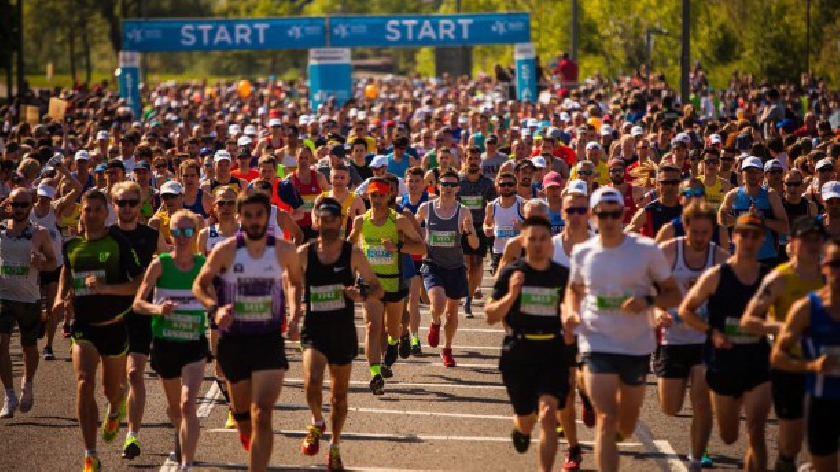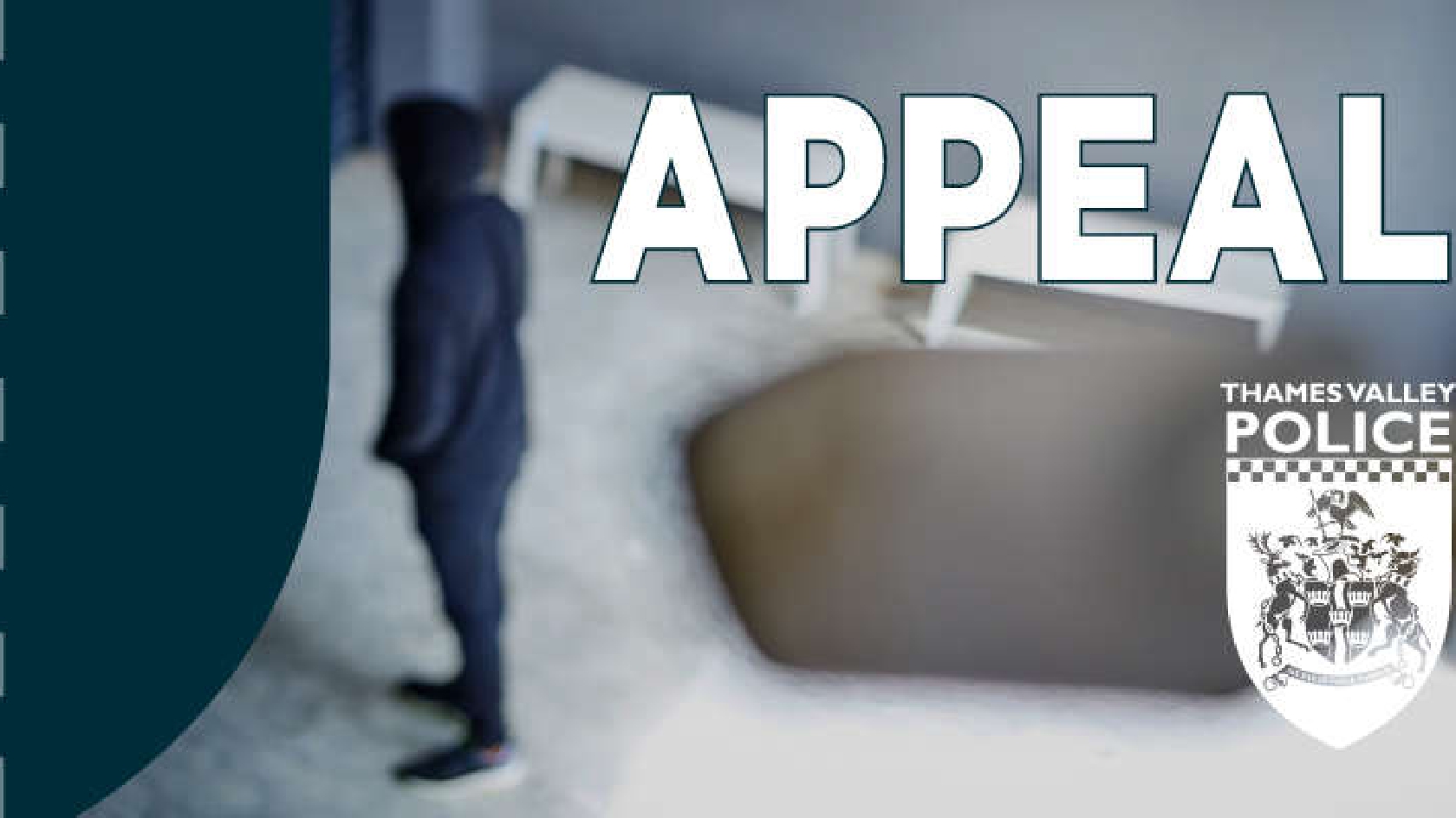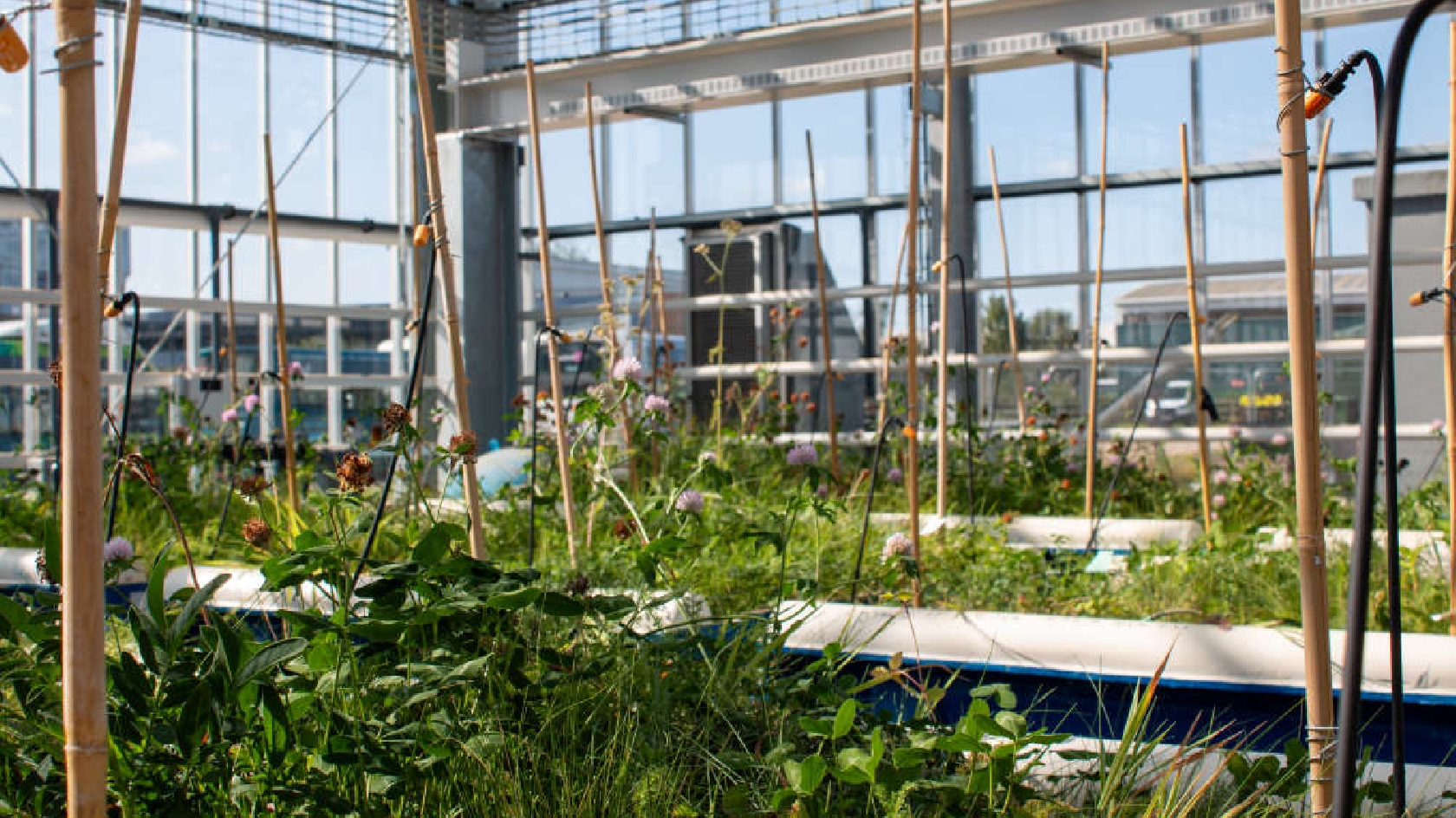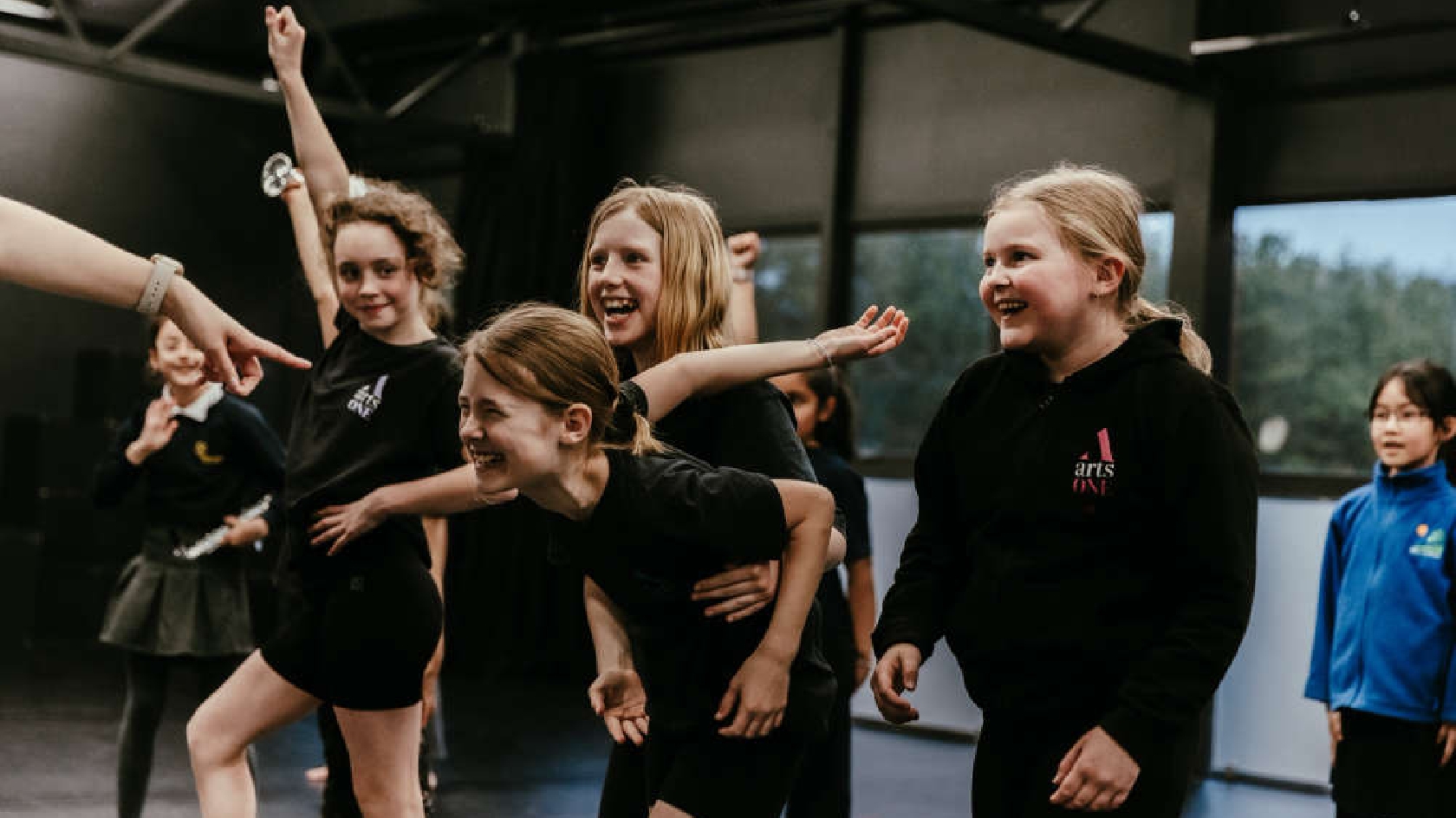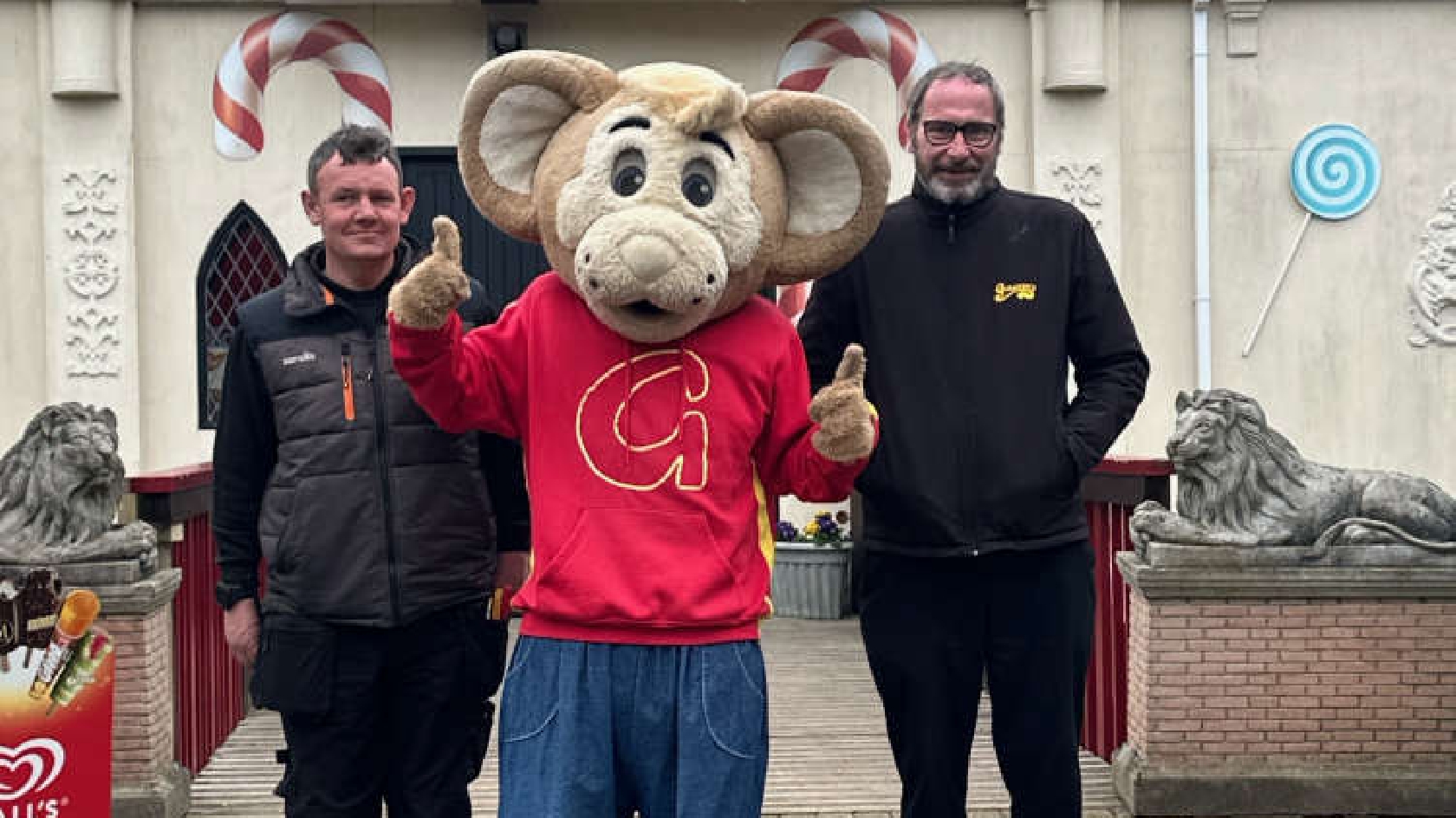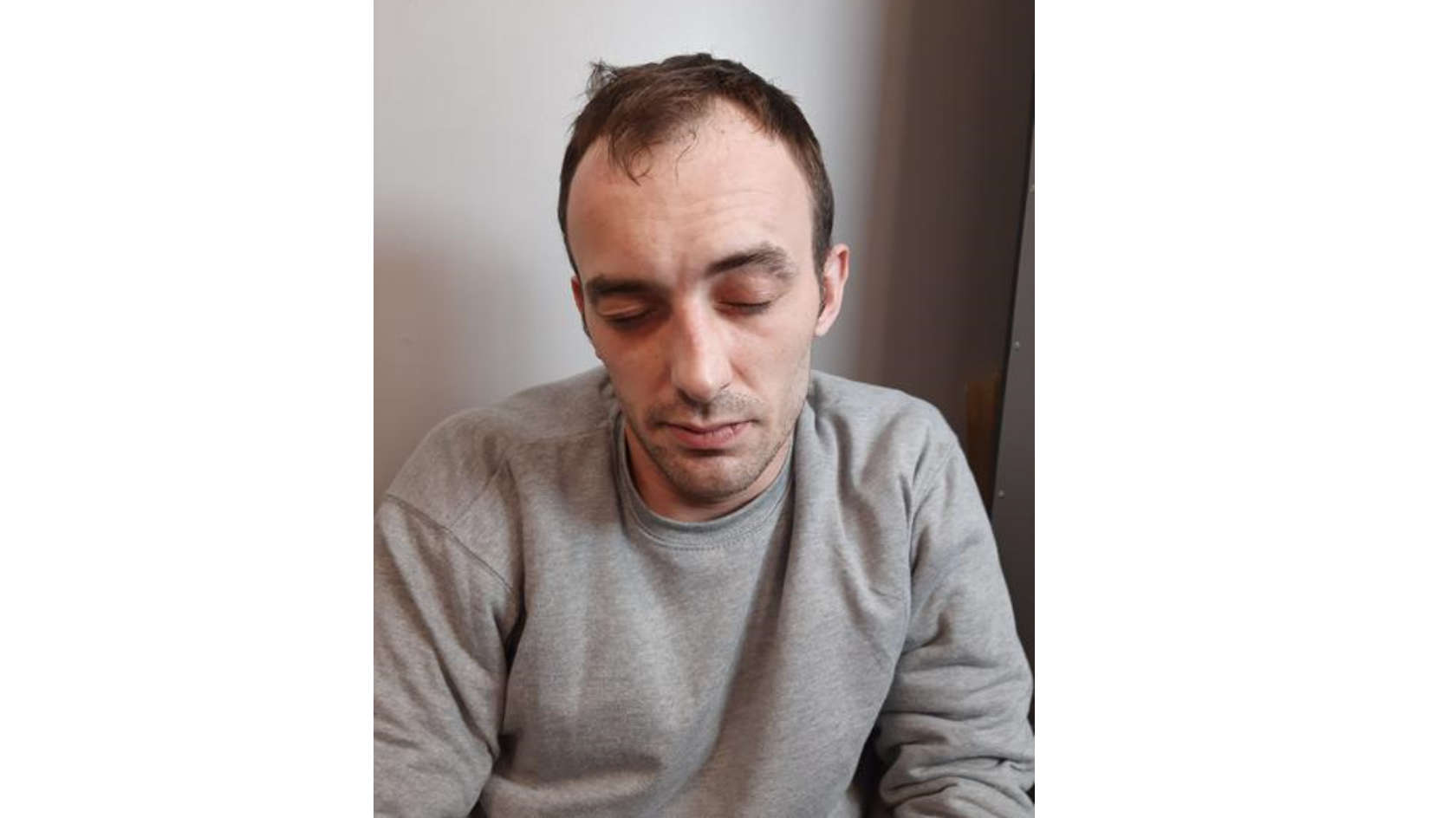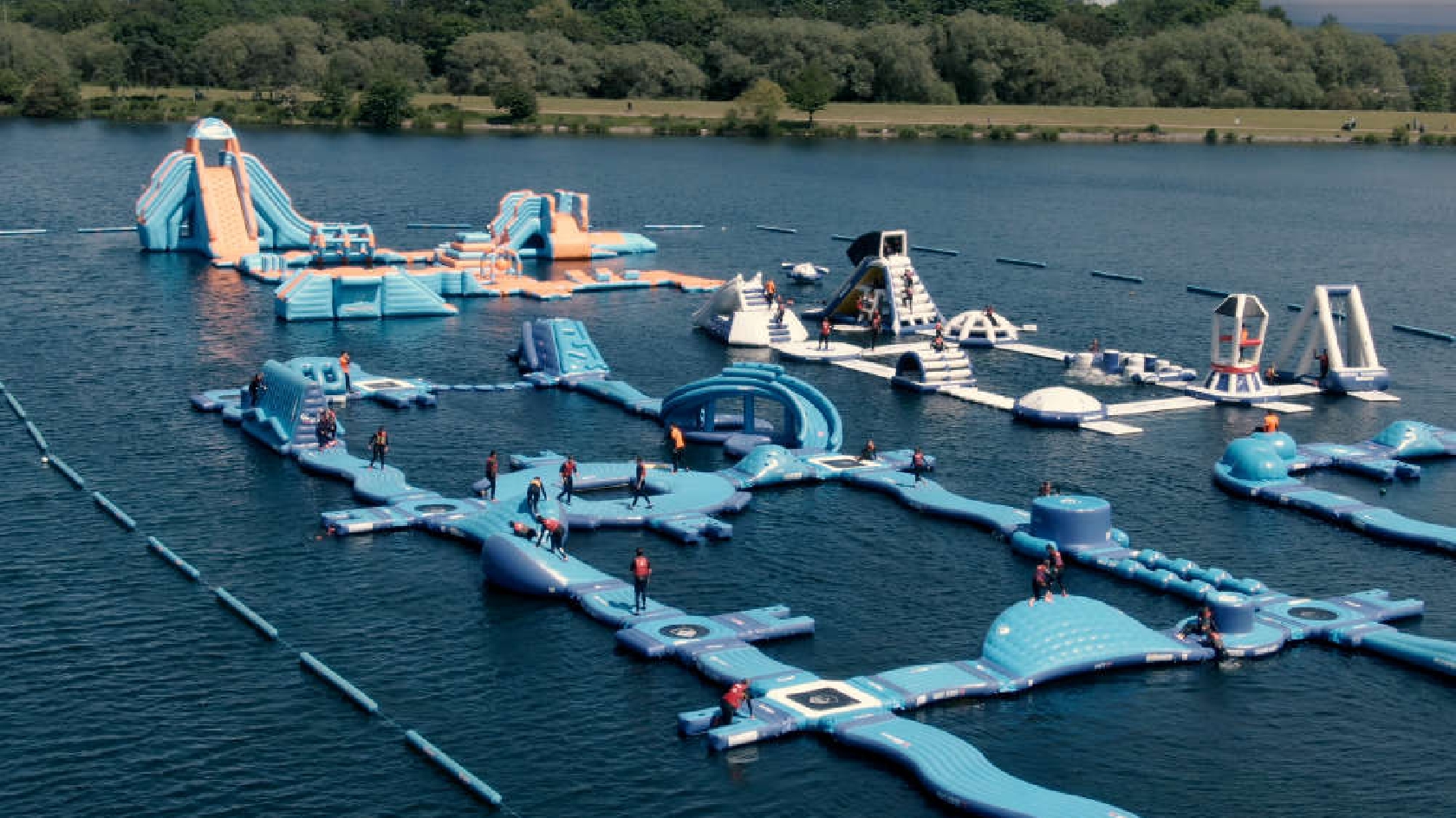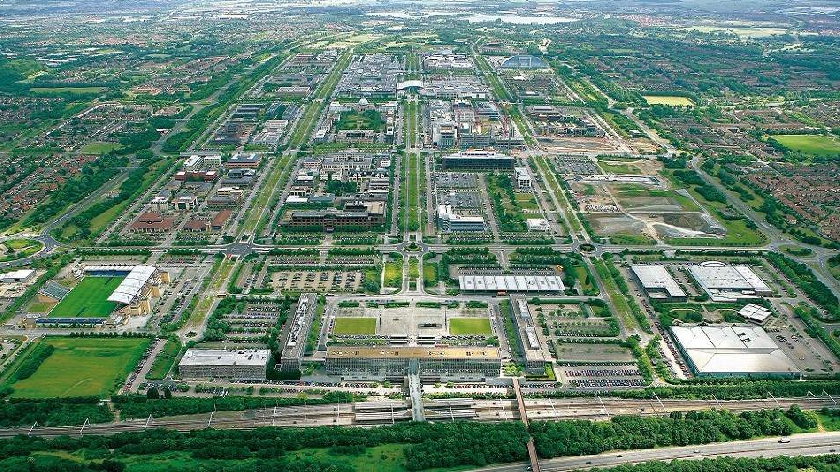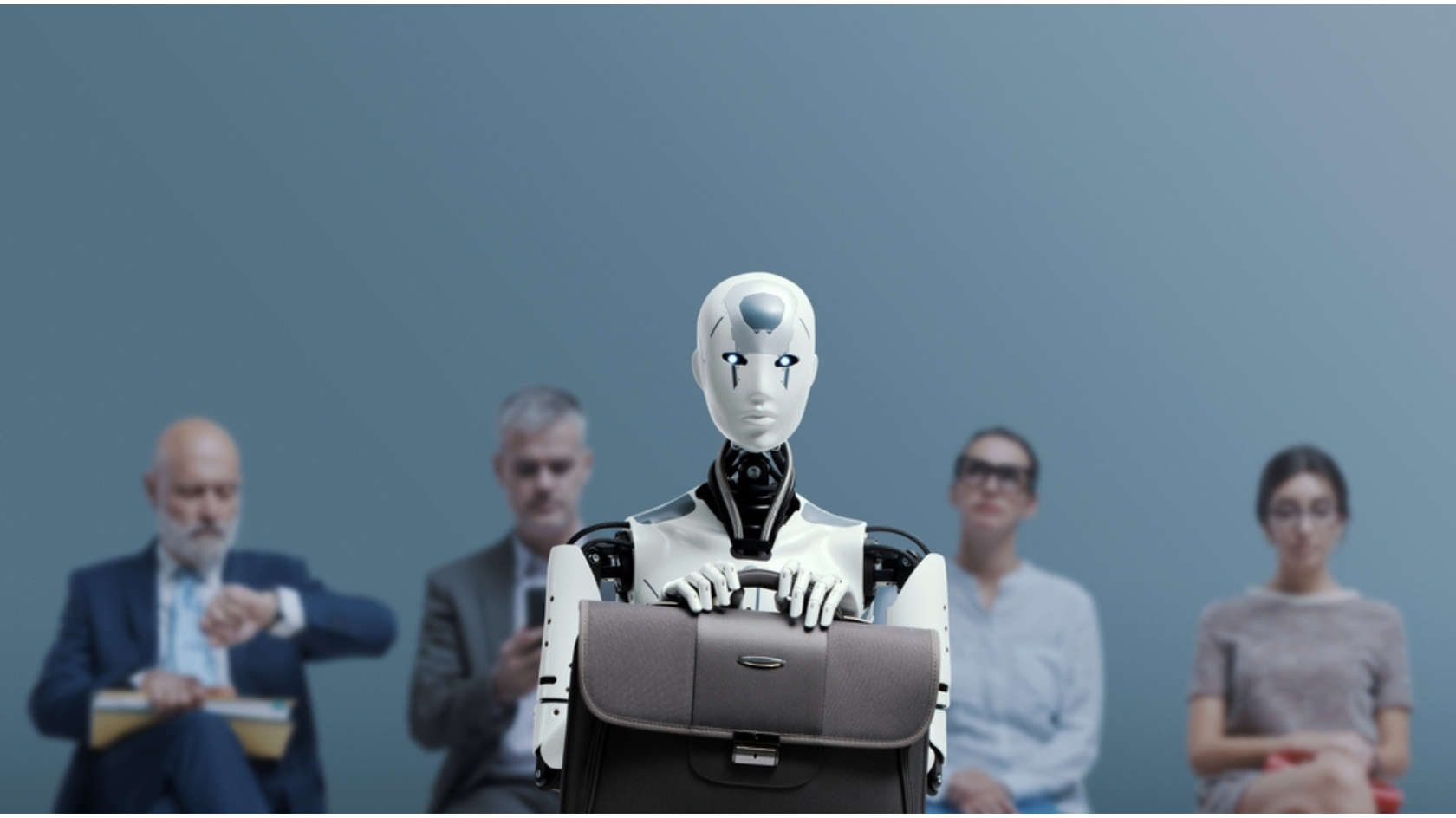
The past few years have seen the rise of AI, but mostly to notoriety. The speculation that AI will replace humans has sparked an uproar in nearly all areas and professions, resulting in less enthusiasm and more anxiety about this technology.
But do we have anything to fear? Does AI truly have the capability to take over jobs and kick us out of work? The answer is more complicated than a yes or no. While there are many jobs where AI can have a significant impact, there are several others in which it simply cannot perform to perfection. Regardless of the area of work, AI cannot completely take over a job, but only replace repetitive, manual tasks and save time for us to perform more important ones. Here’s why AI cannot match up to humans.
-
Lack of Emotional Intelligence
No matter how advanced AI technology gets, it is unlikely to have the same emotional intelligence as humans. Smart businesses understand and appreciate the appeal of human connection for their clients and prefer to choose people over machines for connecting with them. While AI can be programmed to have a high level of intellectual intelligence, there will always be limitations when it comes to emotional intelligence and the ability to understand and reciprocate a human experience.
-
Limited Improvisation Skills
The ability of humans to improvise based on any new situation cannot be easily replicated by machines. AI can only work based on inputted data and be programmed to respond to existing or similar scenarios. Unlike humans, who can analyse, improvise, and come up with new and creative ways of doing tasks, AI can only work with templates, ideas, and solutions that have been fed into its system.
-
Lack of Creativity
While it is tough to match the ability and speed of AI in doing repetitive, straightforward tasks, it does not score as high in creativity. And as there can be no innovation without creativity, AI is unlikely to come up with path-breaking ideas that can change the world. This lack of creativity is also the reason why AI cannot generate art or creative work that resonates and appeals to the end users. While many businesses may initially switch to AI for generating cheap, matter-of-fact work, they are unlikely to get the results they desire, and ultimately switch back to humans for original, more creative, and meaningful work.
-
Sensitive Information
Despite all its abilities, knowledge, and intelligence, AI cannot be trusted to always be right and ethical. Unlike humans who know when to reveal or hide sensitive information, machines cannot distinguish between harmless and sensitive content and often come up with answers and opinions that are controversial and biased. This can lead to data privacy problems for businesses and individuals, hence creating a disadvantage for AI.
Although artificial intelligence and machines have many limitations, they are still one of the most significant innovations of this century. They may not take over all jobs but will most likely replace humans in some areas of work, such as:
-
Manufacturing
-
Transport & Delivery
-
Data Entry
-
Customer Service
-
Medical Diagnostics
In the same way, there are some professions where AI can never match up to humans. These are:
-
Teaching
-
Writing & Editing
-
Law
-
Social Work
-
Medicine
-
Physical & Occupational Therapy
-
Management
Regardless of all their flaws, challenges, and controversies, AI and robots are here to stay. So whether you are a Team AI or Team Humans, the best way to succeed at your job is to embrace AI, eliminate all the manual, repetitive tasks, and learn to use it to your advantage.
Read more tech articles and news in the city and the world by visiting Biztech, the official business and technology forum of Milton Keynes.

